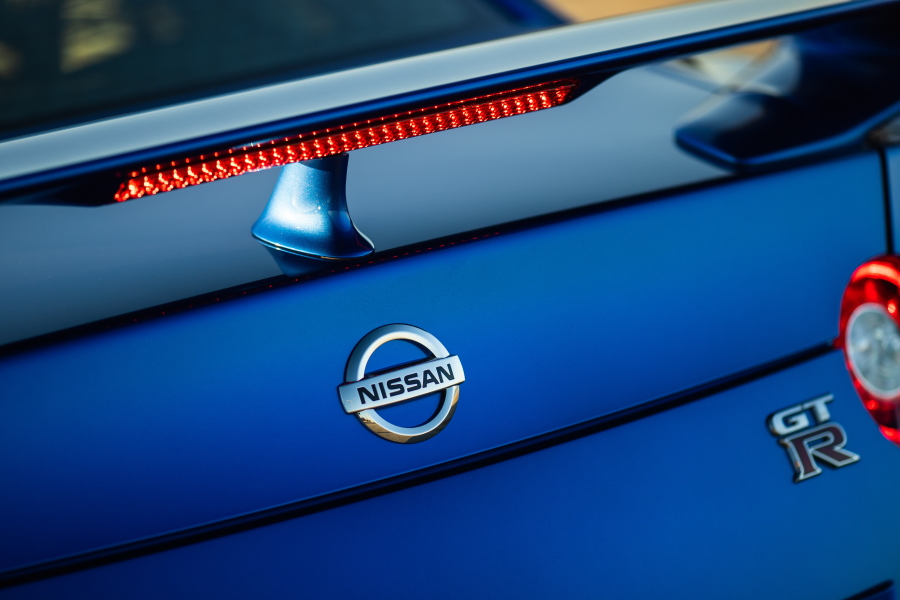The possibility of a Nissan and Honda merger remains a topic of discussion. Although talks were reportedly shut down a month ago, Nissan’s incoming CEO Ivan Espinosa has suggested that the opportunity may still exist in the future.
Currently Nissan is exploring partnerships, leaving the to any company willing to collaborate, including Honda. According to Espinosa, Nissan requires substantial investment to adapt to the evolving automotive industry, particularly with the push toward intelligent and electric vehicles


“I’m open to Honda or other partners, as long as these partners help drive the vision of the business,” he stated. Espinosa, who is set to assume the CEO position on April 1, has indicated that forming strategic alliances will be a priority for Nissan’s future development.
At the same time, Nissan is facing several financial and operational challenges. The company has experienced declining sales and has reported an annual loss for the third time in six years. While Nissan has cash reserves, it also faces cash flow management concerns.


With nearly JPY 1 trillion yen in available cash, immediate liquidity is not an issue, but increasing profitability and reducing fixed costs remain key objectives. The company has announced measures such as job cuts, a reduction in executive positions, and the planned closure of three facilities.
Internal reports have even suggested that, under outgoing CEO Makoto Uchida, the company believed it had only a year or less to survive. Earnings reports indicate that the financial situation is even more severe than previously thought.


Another factor influencing Nissan’s strategy is the changing landscape of tariffs on vehicles and parts entering the United States. Given that a third of Nissan’s vehicles are manufactured in Mexico, potential tariff adjustments could impact the company’s operations, introducing further complexity to its financial planning.
A potential collaboration between Nissan and Honda could provide mutual benefits. According to Nissan’s chief planning officer in the US, a collaboration between both Japanese companies could enable them to develop a shared platform, increasing production volume from 200,000 to 400,000 vehicles per year.


This would allow both businesses to reduce variable costs significantly. The approach could be applied selectively, such as co-developing pickup trucks or next-generation body-on-frame SUVs under different brands within the same segment.
As Nissan navigates its current challenges, the prospect of forming new partnerships remains an important consideration. Whether a merger with Honda will materialize remains uncertain, but strategic collaborations could play a role in shaping the company’s future direction.
(Source: MotorTrend/ The Economic Times)
Follow us on Instagram, Facebook, Twitter or Telegram for more updates and breaking news.

